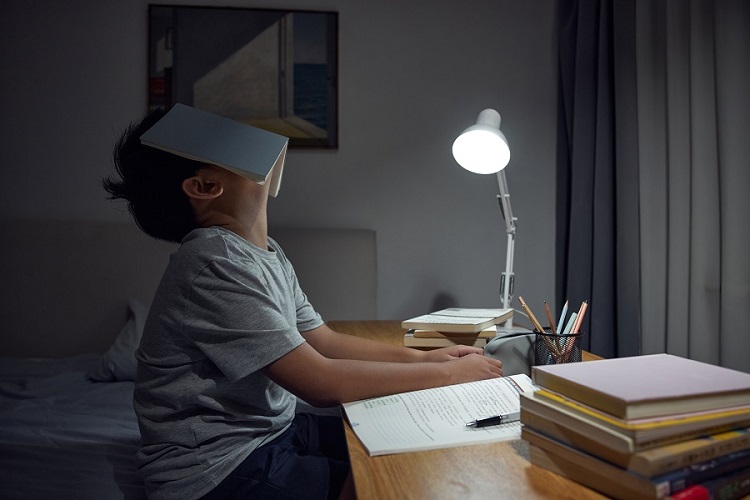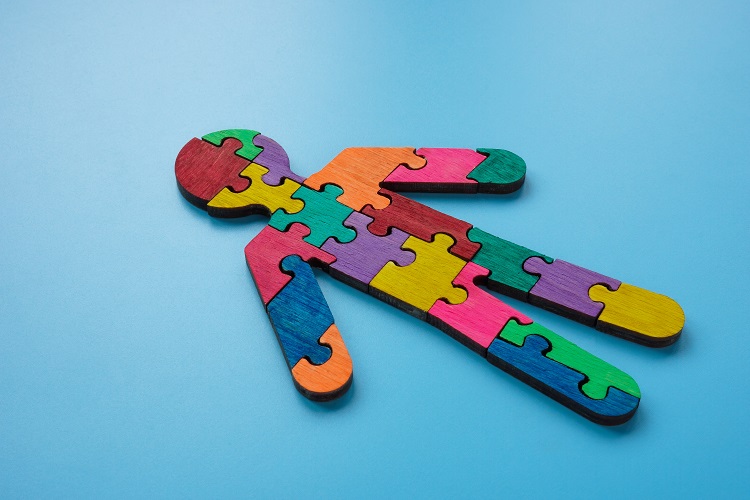News& Information
-
Medical Trends
 Home -> News& Information -> Medical Trends
Home -> News& Information -> Medical Trends
Spotting the signs: Children Common Challenges
The following are the important information for parents to note about your children challenges which schools might refer them to a psychologist for different kinds of psychological assessments:
01、Learning Challenges
Some children face learning challenges because of developmental delays. Learning disabilities are not always related to dyslexia. Children with these challenges need a full psycho-educational assessment. This helps them get special training to improve their learning skills. For example, they might use phonics-based methods to improve reading, writing or learn strategies to strengthen memory and thinking skills.
02、Dyslexia
Many children with dyslexia have an average or even high IQ, and some may be gifted. However, they often struggle with reading, spelling, and phonics. These difficulties can start as early as age 4 or 5, when children begin learning basic reading and writing skills.

Early intervention is very important. If children don’t get help early, it can cause difficulties for their education and lead to emotional problems like low self-confidence, anxiety, or depression.
03、Attention, Hyperactivity, and Impulsivity Problems
There are three types:
1、Attention Problems: Some children struggle to pay attention during schoolwork, which affects their ability to remember what they learn.
2、Hyperactivity and Impulsivity: These children may seem overly excited and act without thinking about the consequences of their actions.
3、There is a condition called ADHD, or Attention Deficit Hyperactivity Disorder: It combines two main challenges: inattention (trouble focusing) and hyperactivity/impulsivity (being overly active and acting without thinking).
Children with ADHD may struggle with focusing on tasks, staying organized, or remembering things. They might also have trouble sitting still, waiting their turn, or controlling their impulses. This can make learning harder for them, especially with subjects like reading, writing, and math.
Research shows that ADHD is linked to the way the brain works, especially in areas that control attention, planning, and decision-making. It’s not something a child can control on their own. These challenges are caused by differences in brain development, including in the front and other parts of the brain, which helps with attention, problem-solving, and managing emotions.
Sometimes, other issues might look like ADHD but are actually different. For example, Absence Epilepsy is a type of children seizure disorder that can affect attention and memory, making it seem like ADHD. To check for this, medical doctors may recommend a simple test called an EEG, which measures brain waves, to see if seizures are present.

Children as young as four years old can start showing signs of ADHD. If untreated, ADHD can lead to learning problems, low self-confidence, anxiety, depression, and even behavior issues. These challenges can continue into adulthood, affecting things like career, relationships, and mental health.
If your child is showing signs of ADHD, early support is important. Treatments can include psychological treatment, medications (some parents have different opinion on choosing medication), and strategies to help your child manage their emotions and stay focused. Reducing stress and anxiety in your child’s life can also help a lot.
With the right help, children with ADHD can thrive both in school and in life.
04、Autism and Asperger
Parents can notice early signs of Autism in children as young as two years old. Some signs to look out for are:
Delayed speech
Not smiling back when you smile
Poor eye contact
Not liking to be held
Not using gestures to communicate (like pointing or waving)
Not responding to caregivers
Not saying single words by 16 months
Talking to themselves often and many others
Each child may show different signs.
If these children are assessed and start the right support, including specific psychoeducational assessment, training and rehabilitation as early as possible, they can make great progress. Autism has a broad range with Asperger as the high functioning type of Autism.

05、Tourette Syndrome
Tourette syndrome is a condition that affects the brain and can cause a child to make sudden movements or sounds they can’t control. To understand the condition better, child neurologist or medical doctors will do different tests. Sometimes, medicine is needed, and a child neurologist will decide the medical treatment plan.
Along with medicine, psychological treatment can help a lot. It can reduce the child’s symptoms and improve how they feel. As the symptoms get better, medical doctor might lower the amount of medicine your child takes.
It’s important to know that stress, anxiety, sadness, and even problems at home like parenting challenges or conflicts between parents can make the symptoms worse. Psychological therapy can help with these things, too, and make a big difference in helping your child feel better and possibly have less symptoms.
With the right combination of care, many children see their symptoms improve!
06、Emotional and Behavioral Problems
Children don’t always know how to talk about their feelings the way adults do, so they show us in other ways. Here are some signs to look out for:
Bed-wetting
Nail-biting
Often unhappy or cry
Temper tantrums
Fear or anxiety (like needing to sleep with you or keeping the light on)
Aggressive behavior
Have difficulty get along with others
Becoming quiet or withdrawn
Not eating or having eating difficulties
Refusing to go to school
Spending more time alone
Nightmares or trouble sleeping
These signs can sometimes mean your child is feeling anxious, sad or having other emotional difficulties. If you notice any of these behaviors, it might help to talk to a child psychologist, who can figure out what's going on and offer the right support. Anxiety or depression can also make it hard for kids to focus, which may affect their concentration and learning.
We hope this information helps you decide the next steps to support your child’s wellbeing.





